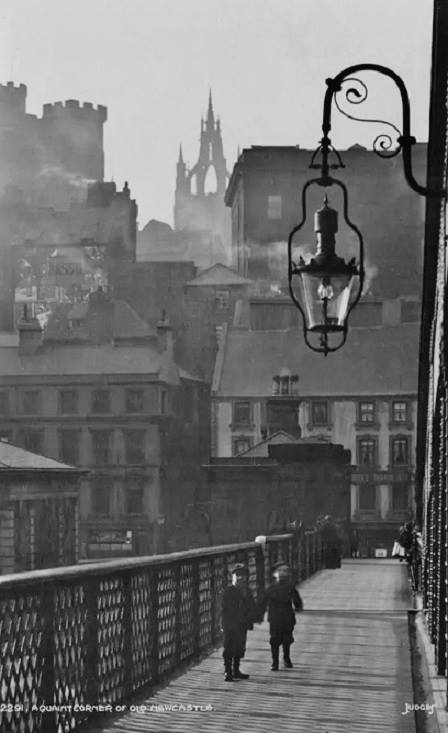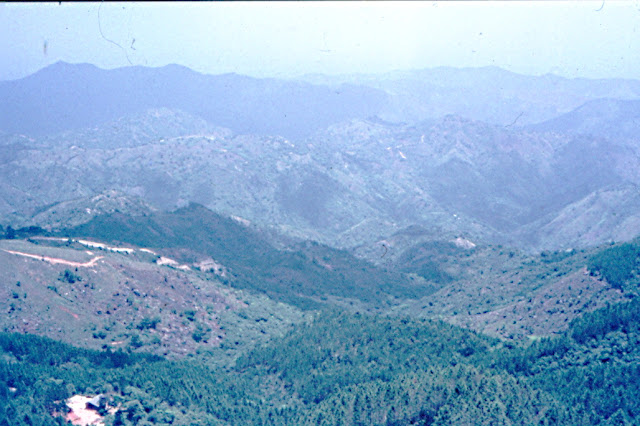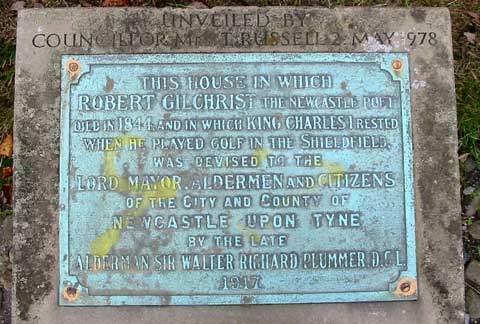
The dejected men,
the lone voices,
slip away
in this seaside rain.
Their words shudder to a standstill
in dismal corners.
Frightened to shout,
they cower
behind quivering faces.
No one listens
to their memories crying.
There seems no point
in this democratic deficit.
For years, they just shuffle along,
hopeless
in their financial innocence.
They do have names
that no lovers pronounce.
They flit between stools,
miss out on gales of laughter.
Who cares for them?
Nobody in Whitley Bay
or canny Shields,
that’s for sure.
These wayside fellows
might as well be in a saddos’ heaven
for all it matters
in the grey world’s backwaters.
Life has bruised them,
dashed them.
Bones flake into the night.
I feel like handing them all loud hailers
to release
their oppressed passion,
to move them
to scream
red murder at their leaders -
those they never voted for;
those who think they’re something,
some thing special,
grand.
For, in the end,
I am on the side of these stooped lamenters,
the lonely old boys with a grievance
about caring
and the uncaring;
about power,
and how switched off
this government is
from the isolated,
from the agitated,
from the trembling,
the disenfranchised
drinkers of sadness.
KEITH ARMSTRONG
Kenny Jobson absolutely excellent
Davide Trame This is a great, powerful poem
Libby Wattis Brilliant poem x
Gracie Gray Very evocative Keith. x
Sue Hubbard Very strong
David Henry Fantastic! A powerful and very moving poem
Strider Marcus Jones A great poem full of so many truths.
Dominic Windram Great stuff Keith... always a vociferous voice for the voiceless!
Siobhan Coogan Beautiful Keith you give a voice to the lonely



















